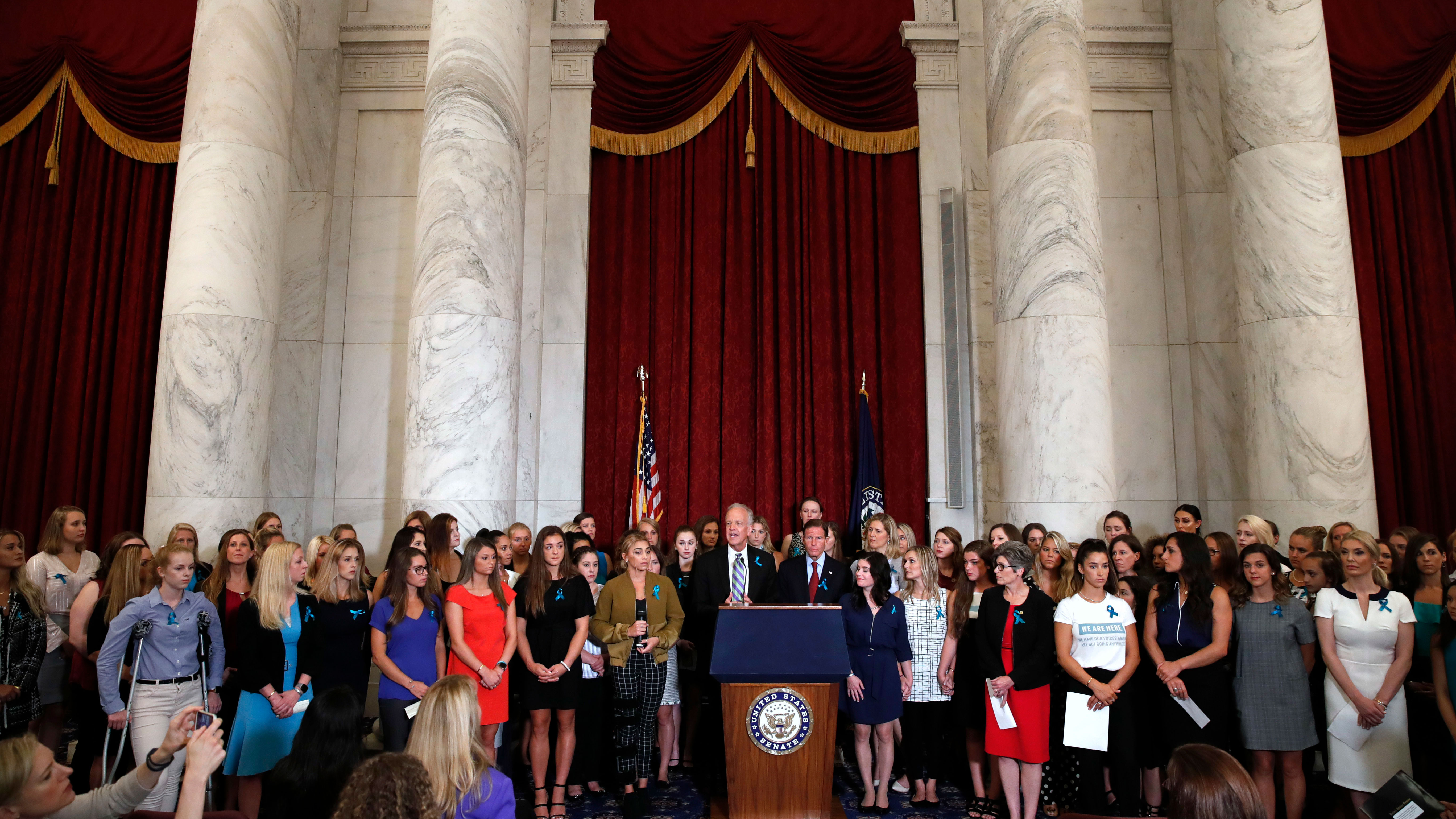Aziz Ansari, while hosting "Saturday Night Live" last month, played a man grilled by cops for committing an unthinkable pop culture thought crime: not loving "La La Land."
After denying guilt, he's confronted with his own words, caught on surveillance video: "It was good, but I thought it kinda dragged in the middle."
The bit captured the real drag about "La La Land": Sure, it's a good movie. But the record-tying 14 Oscar nominations bestowed upon the musical ode to Los Angeles and show business represent a tired song-and-dance from a Hollywood machine in love with itself.
Sunday night's Academy Awards are shaping up as a "La La Land" love-it-or-hate referendum. That's not fair to other filmmakers or to director Damien Chazelle and his "La La Land" team – not to mention moviegoers.
There's a lot to like about "La La Land": The exhilarating opening sequence, a traffic-jam musical fantasia, called "Another Day of Sun," beams. The film succeeded in reviving interest in movie musicals some 65 years after "Singin' in the Rain" (which didn't notch a Best Picture nomination) staked its claim as perhaps the greatest of the genre.
Still, the “La La Land” celebration of the "City of Stars" doesn't shine as bright as its buoyant start promises.
As appealing as they are, Emma Stone and Ryan Gosling are far from the entertainment world's strongest musical performers. In small doses, the regular-folks-singing-and-dancing conceit works (assuming Stone and Gosling can ever be seen as regular folks). But there's not enough charm in the musical sequences or in the star-crossed aspiring-actress-meets-struggling-jazzman love story to sustain a two-hour-plus film.
And there's not enough substance in “La La Land” to merit 14 nominations in a year where stronger arguments could be made for rewarding fact-based high-quality stories of overcoming adversity ("Hidden Figures" and "Lion"), searing human dramas ("Moonlight," "Manchester by the Sea" and "Fences") and smart sci-fi ("Arrival").
U.S. & World
We've seen this show before, most recently with "Birdman" and "The Artist": Hollywood goes gaga over good films about the entertainment industry and deems them great with its most cherished award. That might mean a short-term box office boost, but a longer term disconnect from a public confused over what the fuss was all about.
"La La Land," no ticket-selling slouch, is so far a close second in the domestic take among Best Picture nominees, running just behind "Hidden Figures." The movie, about pioneering African-American women who worked in key behind-the-scenes jobs for NASA in the 1960s, hits its marks for excellence, timeliness and wide-ranging appeal.
Some might complain the escapism embedded in "La La Land" isn't in tune with this politically turbulent period. There's nothing wrong, though, with going to the movies to forget troubles. What movies fans can't escape is a Hollywood establishment guilty of mistaking like for love – and for loving itself too much.
Jere Hester is Director of News Products and Projects at the City University of New York Graduate School of Journalism. He is also the author of "Raising a Beatle Baby: How John, Paul, George and Ringo Helped us Come Together as a Family." Follow him on Twitter.



